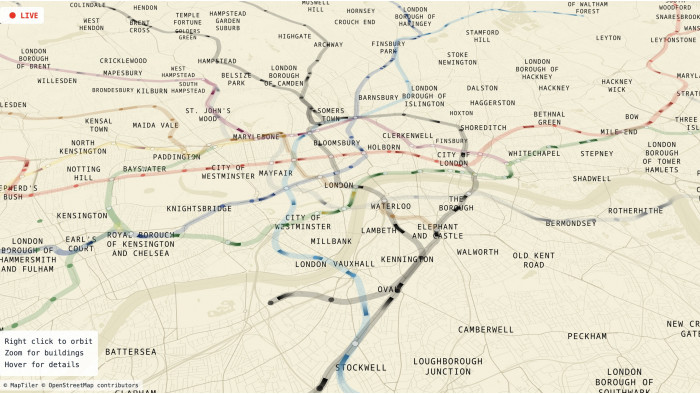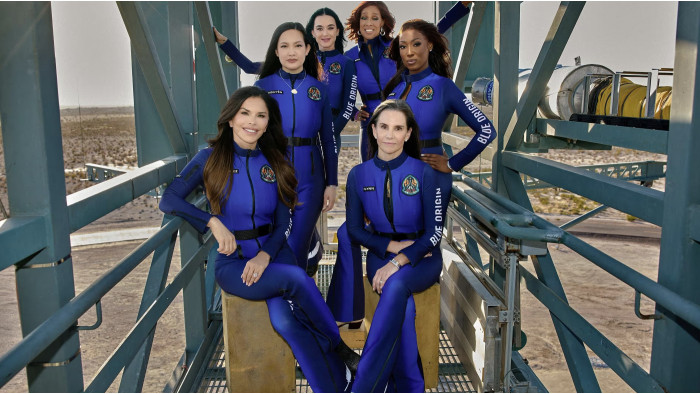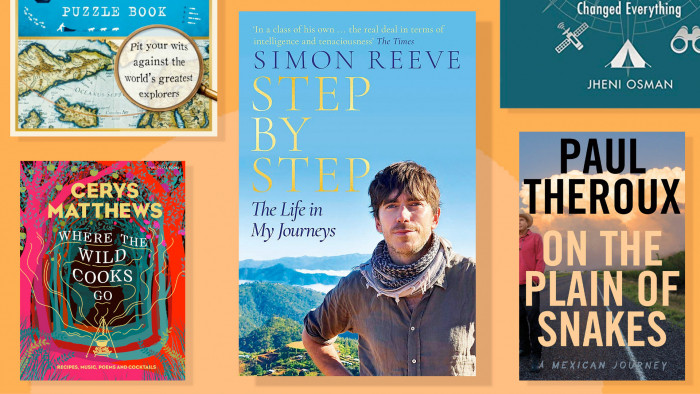Scientists have discovered the hidden continent of 'Zealandia'
Move over Australasia, there's a new kid in town


You’d think that something that is 4.9 million square kilometres big would be pretty hard to miss. But it seems that a new continent has been hidden all this time. But no longer: arise Zealandia, eighth continent of the world.
The authors of a new scientific paper, ‘Zealandia: Earth's Hidden Continent’, in GSA Today, the journal of the Geological Society of America (you all subscribe, right?), argue that it is time to recognise the vast expanse of continental crust to the east of Australia, containing New Zealand, New Caledonia, Norfolk Island, the Lord Howe Island group and the Elizabeth and Middleton reefs, as a separate continent in its own right.
Despite the fact that 94 per cent of it is under water, their study demonstrates that the land mass contains the four attributes necessary to be classed a continent, such as the presence of different rock type and its “high elevation relative to regions floored by oceanic crust”. Barry Kohn, a professor of earth sciences at the University of Melbourne, who has worked with the paper’s co-author Nick Mortimer, said there was a “fair consensus in the scientific community” in favour of its existence. “It’s pretty clear that that whole area is not part of the ocean. It’s got all the hallmarks of a continent.”

Zealandia is believed to have broken away from Gondwana, the landmass which once encompassed Australia – and then sank, between 60m and 80m years ago.
The name was first used in 1995 by American geophysicist Bruce Luyendyk and since then, an accumulation of data has strengthened the case for the continent to be recognised.
Mortimer said that a turning point for scientists looking at Zealandia came with the release of a bathymetric map (the submerged equivalent of an above-water topographic map) in 2002.
“That’s when the penny dropped, really ... From that point, that map was literally our road map for some crosses, just trying to get rocks out of all the four corners of Zealandia that we could, so we could prove up the geology.” He said it was, “a gradual process ... [of] joining the dots… It was a question of confidence, fundamentally, I think, with the accumulation of data and what to do with it.”
Kohn added, “Like anything in science, the penny doesn’t always drop straightaway. You build up a body of evidence… It was all once part of a big continent that’s all broken up into little pieces of the puzzle.”
If generally adopted by the scientific and geographic community, Zealandia would be the world’s smallest continent – but a continent nonetheless, which would open up debates over the ownership of huge potential amounts of fossil fuels in the area.

(Main image: New Zealand, North Island, East Cape Region, Tolaga Bay – Rex)
[via Guardian]








